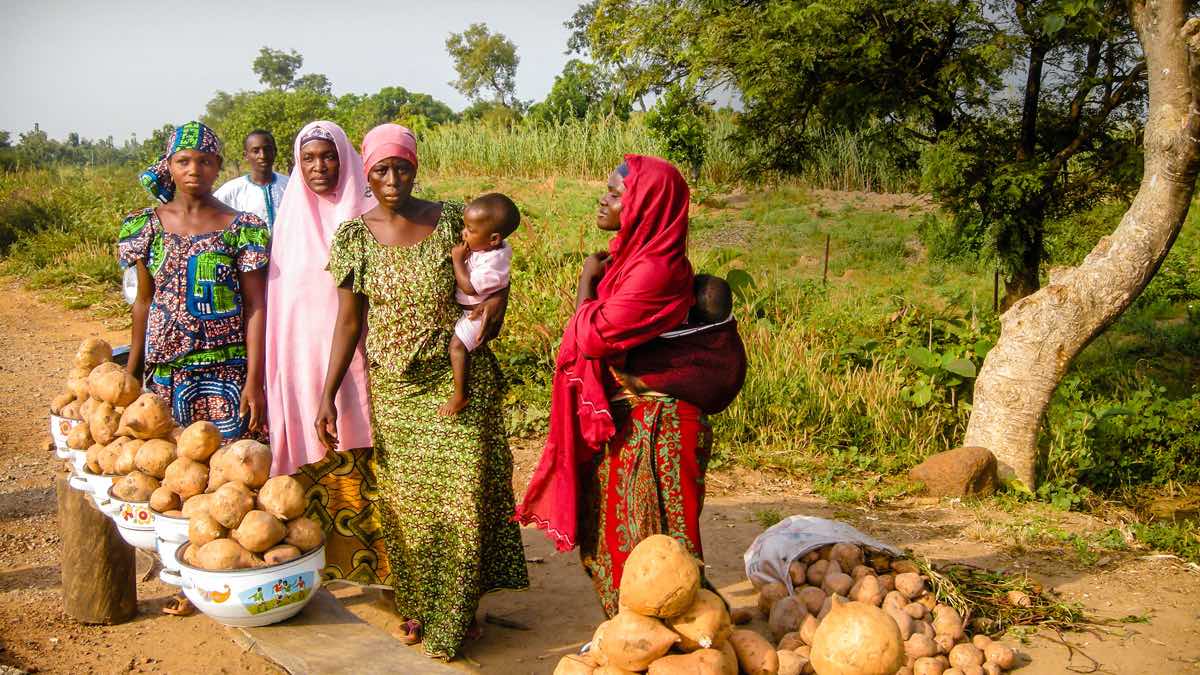Ministers, international partners, and other stakeholders are meeting December 18th in Sana’a, Yemen to officially launch the Yemen National Food Security Strategy (NFSS). The strategy, for which IFPRI provided key analysis and technical advice, was recently approved by the Special Ministerial Committee on Food Security.
The event also launches an innovative interactive research tool: the Digital Food Security Atlas for Yemen.
The Digital Food Security Atlas allows policymakers, analysts, researchers, and the interested public to visualize and analyze food security indicators such as physical and human geography, trade, infrastructure, agriculture, water, and health. Created in collaboration with the Yemen Ministry of Planning and International Cooperation and the Yemen Food Security Committee, with support from the European Commission and the World Bank, it expands on the traditional sense of an atlas. Users can interactively create maps and –thanks to links with satellite and aerial images –relate indicators to real world pictures at high spatial resolution.
There are three options for users to access the Yemen Digital Food Security Atlas:
- The Digital Food Security Atlas can be downloaded as a data package. This package can be viewed and queried with free and easy-to-install ArcReader software, and builds on a user-friendly interface that places a collection of interactive GIS maps linked to a relational geodatabase at users’ fingertips.
- The Digital Food Security Atlas can be ordered as a CD.
- The Digital Food Security Atlas can be operated online, in versions for both high speed and low speed internet connections. The online version does not require installing software but it is more limited in the sense that the underlying data cannot be accessed by the user (unlike in the case of the download of the data package). (Update: Yemen Spatial data is now available at mapyemen.org.)
It is envisioned that researchers, policy advisors, donors and others in the development community will use this tool to find patterns which can prompt ideas and generate hypotheses for food security and development goals.







